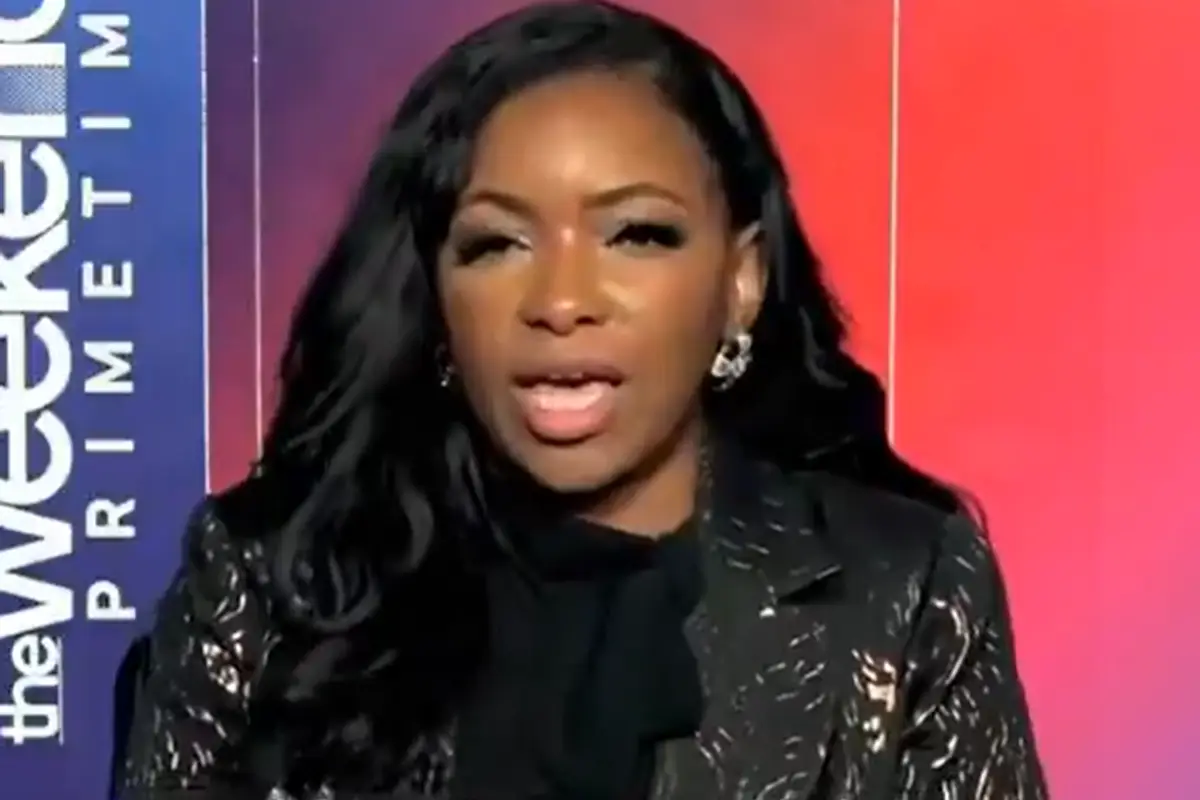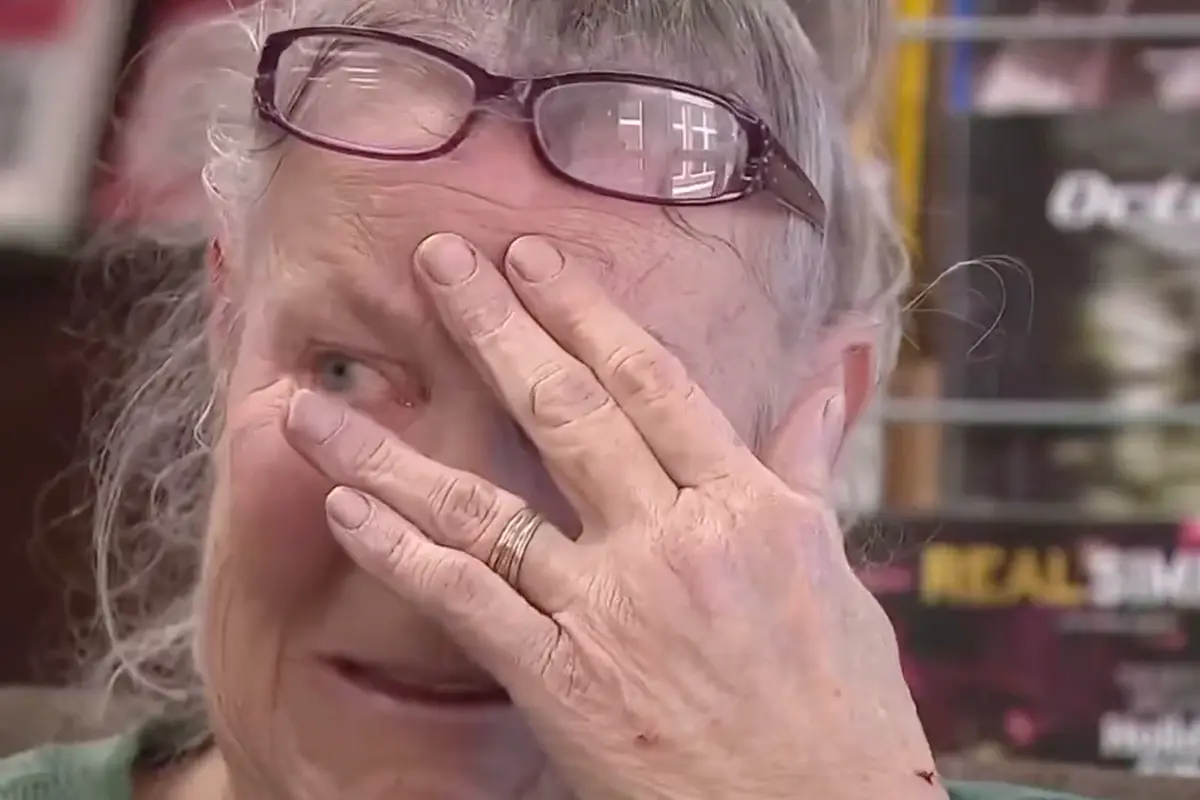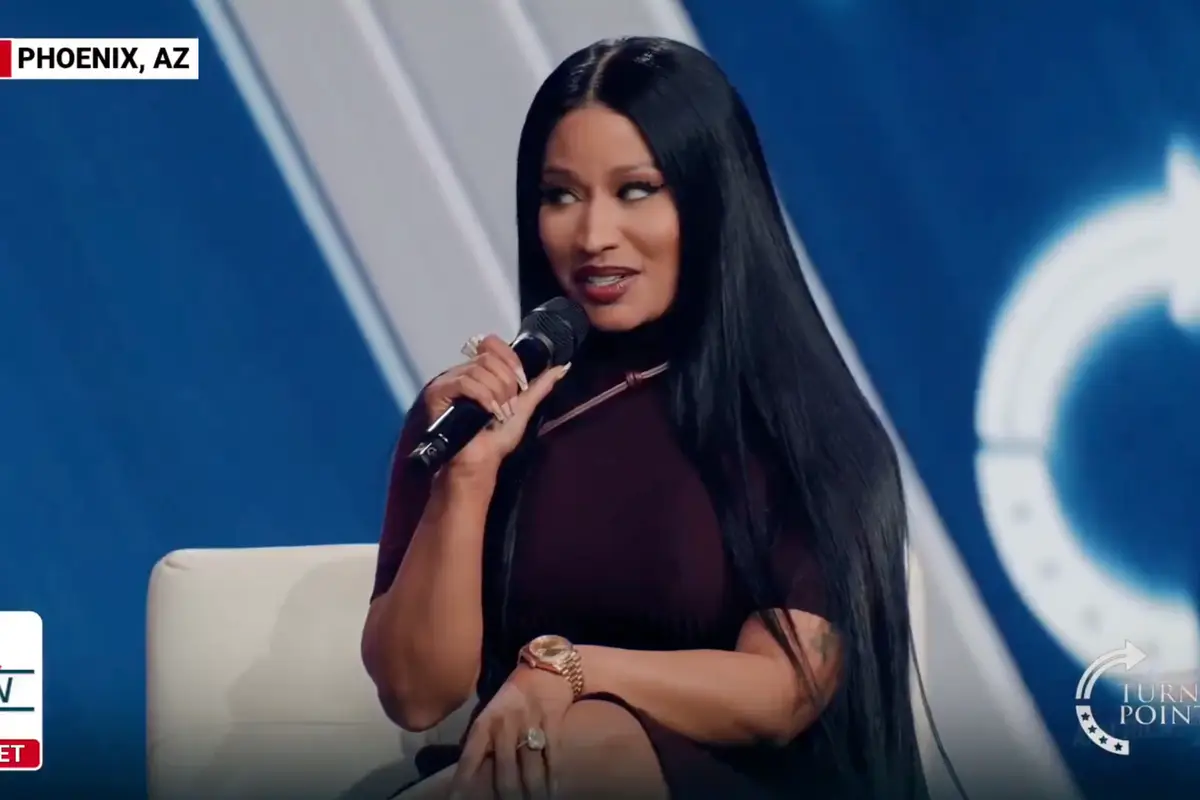Please verify
Each day we overwhelm your brains with the content you've come to love from the Louder with Crowder Dot Com website.
But Facebook is...you know, Facebook. Their algorithm hides our ranting and raving as best it can. The best way to stick it to Zuckerface?
Sign up for the LWC News Blast! Get your favorite right-wing commentary delivered directly to your inbox!
Samantha Bee Defends 'Grace' Attacking Aziz Ansari. What She Gets Wrong.
To avoid confusion, let me state at the outset I'm not against the entire #MeToo movement. Please note the byline of this post (Courtney, a woman). I beg your indulgence as I set up the Samantha Bee video and rebuttal to it. Grab a snack.
The #MeToo movement has been illustrative in countless ways, not least of which is women sharing stories of harassment in their lives. Surprise, we don't like it. But #MeToo has also shown a light on how our modern take on sexual relations is leaving people (especially women) feeling devalued, empty, and miserable. All after third-wave feminism was supposed to help women become "strong" women in charge of their own agency.
Samantha Bee weighed in on the backlash to the #MeToo movement, as it has devolved into a witch hunt, seeking scalps of famous men for nearly any reason. File the scalpings under "this has been a bad thing" column. Here's the deal: I didn't find all of Bee's video (below) disagreeable. She's not entirely wrong when she says the "Shitty Media Men" list, featured in her segment, was a list for women to reference for which men to be wary of. According to Bee, the list was quickly removed when women were sharing it too frequently.
I don't find the existence of a creepy man list hard to believe. There's apparently a similar unwritten list of pervert men on Capitol Hill. Any organization large enough will have an informal, unwritten list of men to be wary of which female employees will share with each other. Trust me on this. Lists we wouldn't be discussing at all if not for the #MeToo movement. File that in the "this has been a good thing" column.
However, as is a favorite point of mine, multiple things can be true at once. #MeToo can be both a force for good, and a witch hunt. Discussing rape, assault, or sexual misconduct in the workplace was (as I understood it) the main thrust of #MeToo. So how, then, does the public hit on Aziz Ansari's behavior on a private date, fit under the umbrella of the movement?
Time-stamped Samantha Bee to her discussion of Grace's post about Ansari:
From Deadline:
But that does not mean we have to be happy about any of them, Bee said, claiming that the women who have had to “wade through a sea of prehensile dicks to build the world we now enjoy” have earned the right to talk about it. And men need to live up to those standards, “especially if the man wrote a book about how to sex good,” she said, referencing Ansari’s “Modern Romance.”
Quick point: yes, a woman would be scared to leave a bad situation in fear of escalating it. That point is 100% true, and has gotten missed by many in the discussions of sexual misconduct at the workplace. "Why didn't she leave?" people will ask of Weinstein victims. Because she felt like she was a hostage, and her agreeableness was her attempt to diffuse the situation. But that point is valid only if a woman is trapped. What Harvey Weinstein did, like starting a meeting with a woman with multiple people in the room... who then slowly abandoned that woman one by one, is much different than going into a man's apartment after a physically flirtatious date. Not even close to the same thing. To equate a date where a woman feels uncomfortable (and she carries on), with being trapped by a physically large, financially flush, Hollywood powerhouse does a great disservice to real victims. Got it?
Men behaving like pigs on a date, and men being harassing, grabby-hand perverts at the office, are two separate topics. Yes, women can talk publicly about both. The problem with "Grace's" hit on Ansari was it was a public attack on Ansari. Had Grace's account been double-blind, where Ansari's identity was protected, and Grace's story had been written as an expose about Sex in the Modern City, there would've been less outrage at Grace, more commiserating between the ladies. The piece wouldn't then be about the identity of the man, but how women don't like being treated as sex objects. Despite going along willingly, consenting to being treated as sex objects.
You can see why men are confused.
That's the point Bee is missing. We can--and should--discuss how bad, empty, sex-filled dates leave women (and men) feeling about themselves and each other. That's been one of the unintentional benefits of the #MeToo movement: an exploration of how the "sexual revolution" has made real women feel. Hint: not good.
But to lump a bad date, where a woman willingly allowed herself to be treated so poorly, failing to stand up for herself, and attributing her meekness to "he abused me," is not appropriate when discussing sexual harassment, assault, or misconduct. It should, instead, find its own movement, where we have larger discussions about the roles of sex. Leaving the identities of men (and women) out of the discussion. It doesn't matter who is engaging in the behaviors. It's the behaviors themselves that are the problem. That perhaps, after decades of treating sex as casually as a handshake, we should hold the intimate act on a higher pedestal.
Just spitballing.
NOT SUBSCRIBED TO THE PODCAST? FIX THAT! IT’S COMPLETELY FREE ON BOTH ITUNES HERE AND SOUNDCLOUD HERE.





